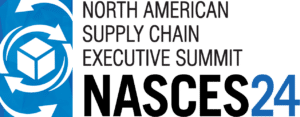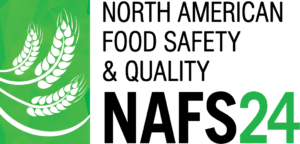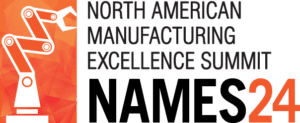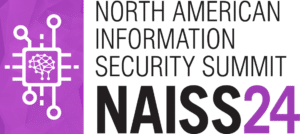
Jack Garvey, founder and CEO of Compliance Architects, is a frequent co-chair for Quality and Risk event content at Executive Platforms’ pharmaceutical manufacturing series. During the 2022 edition of the Pharma Manufacturing World Summit, Jack spoke about the talent crisis facing the industry and the tools needed for organizations to develop and nurture the next generation of professionals.
The talent crisis is not new —and it will probably never disappear— but there are steps that can be taken to offset its effects. Here are some of Jack’s thoughts:
Understanding the Role
The extent of the work a compliance officer does often goes unnoticed and undervalued. It can be seen as secondary to other positions, when it is actually crucially important to the success of an organization.
In order to begin addressing the talent crisis facing this industry and begin to mitigate its effects, we need to understand exactly what goes into performing these roles.
Technical Knowledge
People working these roles need to have a high level of understanding of the technical context behind the manufacturing process. The job requires either a background in topics like science and engineering, or a lot of practical experience.
This position necessitates specificity and accuracy in daily tasks. In order to maintain a successful manufacturing process, employees and prospective talent must be confident in the technical context behind their role.
Regulatory Science
Compliance officers also need to be trained, and continuing their learning, in industry regulations and the science behind them.
The life sciences sector is regulated globally, and these regulation frameworks are extremely complicated. On top of that, regulations will continue to evolve and expand, making it crucial that employees stay up to date with changing rules.
It’s also necessary to be knowledgeable on the history of regulation frameworks. Understanding the past and how the industry has progressed to where it is today provides needed context for future decisions and regulations.
Digital Skills
Digital literacy is critically important to successfully perform these roles. Data is being produced at an extraordinary rate, compared to even ten years ago, and the tools needed to facilitate the operational and compliance frameworks are now all digital.
Compliance officers and prospective talent need to understand how computers work, data models and structures, and how the information is contained. This goes beyond simply being able to use a browser – this kind of knowledge requires work and skill.
Without digital literacy, compliance officers may be unable to access their data and use it to inform important decisions going forward into the future.
Writing
It may be assumed that with the shift to digital, there isn’t a strong need for writing. However, it’s actually more important than ever for compliance officers to have the ability to look at data and write statements of explanation, context, and conclusions.
Data on its own cannot tell its story and requires written explanations to supplement. Others both within and outside of the organization may not be able to recognize important pieces of information from looking at raw data, and will need a written explanation.
This is especially important for situations where it isn’t possible to verbally explain data in a conversation setting. With more meetings and inspections going virtual, written explanations are required for all parties to understand the data.
Nurturing the Next Generation of Talent
So, now that we know what goes into this kind of role, how do we make sure that we are properly developing the next generation of talent? The answer is through training development programs and conferences.
In the realm of quality compliance, most current training development programs are inadequate for the necessary skills of the job. There is no way to get to the level of skill and experiential knowledge that is needed through just a college or university program, although these can create a solid foundation to build upon.
A targeted investment in ongoing development programs, for emerging talent and those currently employed, will ensure that professionals have the complex skills they need to do their job.
Investing in outside training, including conferences, can also help to nurture and develop the talent pool.
Hearing and learning from thought leaders within the industry – people who really know the role – can provide an educational framework for staying current and advancing your knowledge. These kinds of experiences can provide a space to foster collaboration with peers, which will also aid in the advancement of knowledge.
Investing in external opportunities for employees will add to existing skills and provide new context for everyday tasks. Taking advantage of these experiences will help with the ongoing development of your employees and will add to the overall value of your organization.
Going Forward
The talent crisis facing quality compliance professionals isn’t going anywhere. It’s a difficult job that requires a high level of training and development throughout the entirety of a career.
People in these roles are often undervalued by their organizations, which may leave them without the proper cultivation to succeed, and may even influence a career change.
To try to aid the crisis, it’s imperative that organizations begin to recognize the level of skill and knowledge needed to perform these roles. Additionally, organizations should invest in ongoing training development programs and external learning opportunities.
Through these steps, organizations can begin to foster new talent while nurturing those currently in the industry.
—
Colleen Douglas
Coordinator, Marketing
Executive Platforms
Colleen joined the Executive Platforms team in May of 2022. She has three years of experience in event marketing, with an emphasis on copywriting and digital strategies.
Colleen has a BA Honours in Business Communications from Brock University and a Diploma in Digital Media Marketing from George Brown College.











